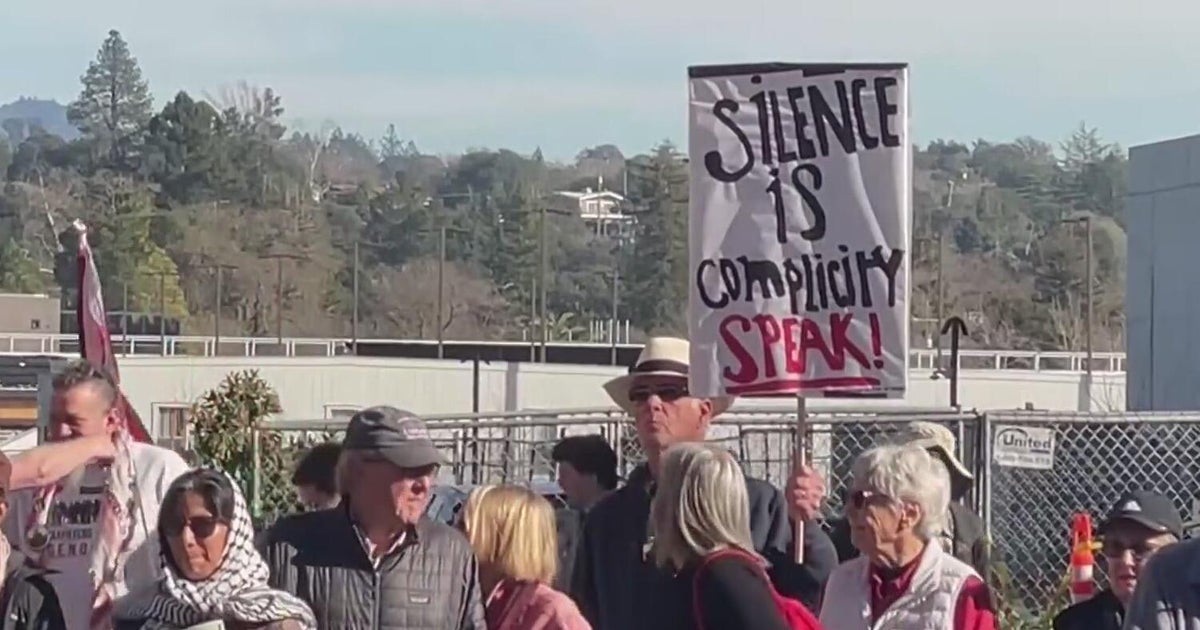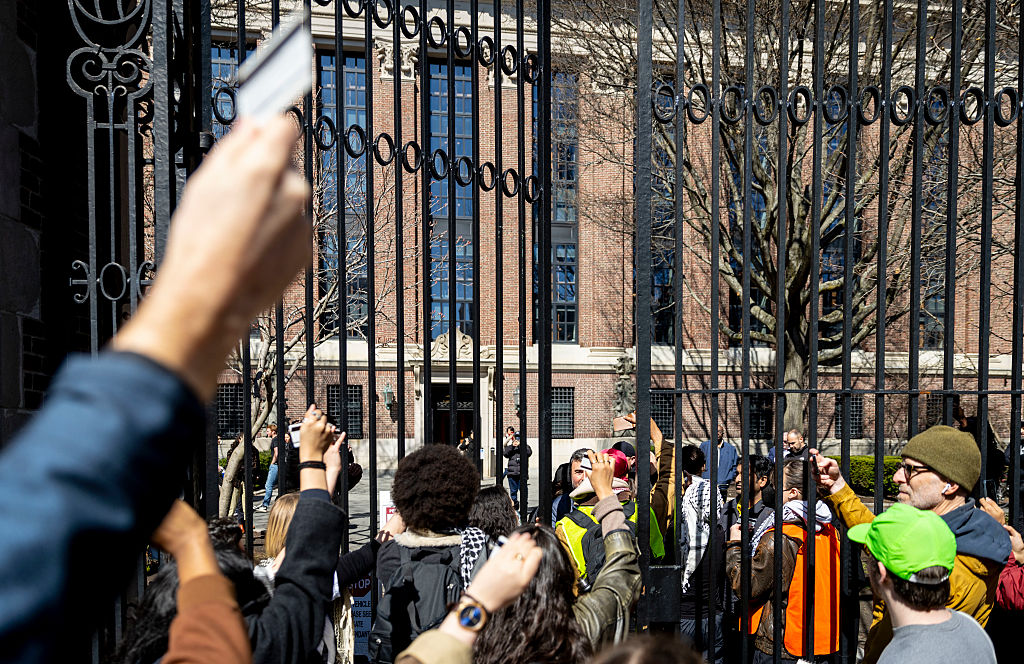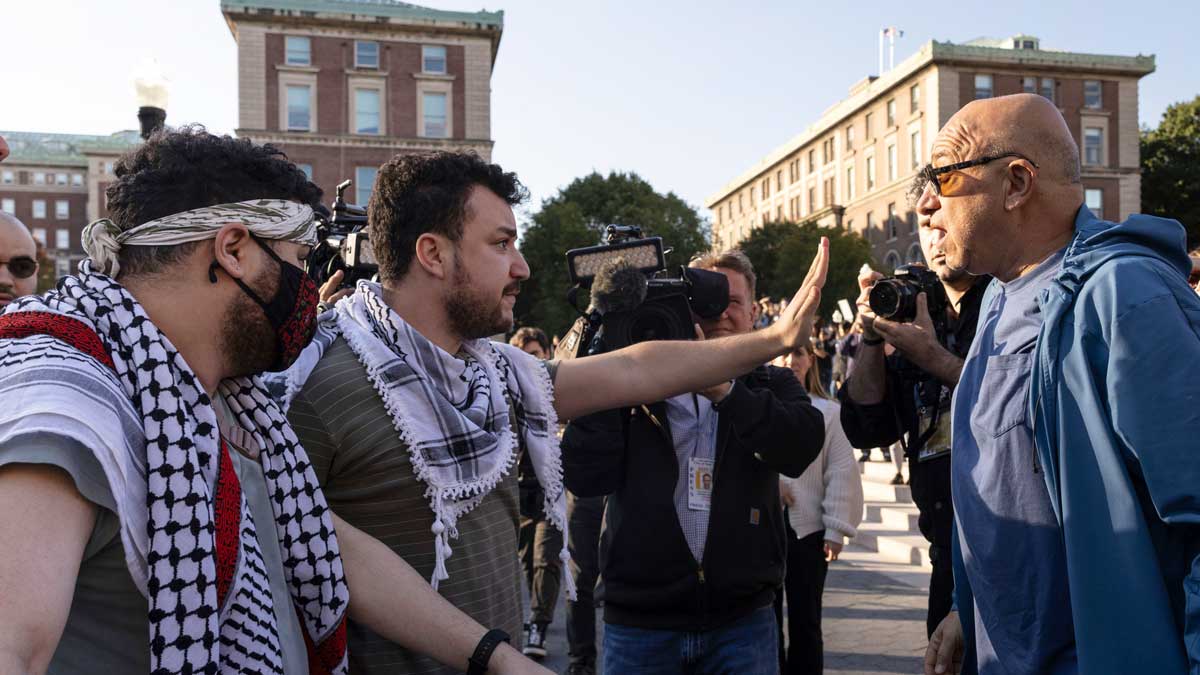Texas Governor Abbott threatens Austin sheriff over "sanctuary cities" policy with immigrants
AUSTIN, Texas - Republican Texas Gov. Greg Abbott on Monday told Austin’s sheriff that her jail would become the first in the state to lose taxpayer money over so-called “sanctuary cities” policies unless she reverses plans to curtail working with federal immigration authorities by February.
The governor has previously threatened other “sanctuary cities” in Texas, and ultimately did not withhold funds.
President Donald Trump made similar vows as a candidate, declaring that his “Day One” priorities would include stopping all federal dollars to places where local officials rebuff federal agents and don’t arrest or detain immigrants living in the country illegally. Several big cities, including New York and Chicago, already have formal sanctuary policies on the books.
Newly elected Travis County Sheriff Sally Hernandez on Friday - in a defiantly timed announcement after Trump was inaugurated - said starting Feb. 1 she would end her predecessor’s policy of honoring all jail detainers sought by U.S. Immigration and Customs Enforcement. Hernandez is a Democrat whose campaign in Texas’ most liberal city partly ran on promises to change how detainers are handled.
Abbott, who attended Trump’s inauguration, is now effectively threatening to carry out the president’s promise on a state level. Abbott has previously warned local officials against adopting sanctuary policies but has not delivered such a direct ultimatum before now.
“Your unilateral decision will cost the people of Travis County money that was meant to protect them,” Abbott wrote. He said funding would be lost by Feb. 1 unless the county changes course.
CBS Austin affiliate KEYE-TV reports the letter went on to describe what Abbott thought the consequences of Hernandez’s decision would be, although it’s not clear it provided the data to back up the claim.
Abbott claimed that those being released on bond would include ex-cons, “...dangerous criminal aliens convicted of felonies like murder ... will be turned loose into Travis County without permitting ICE the opportunity to collect them.”
The only money Abbott has the power to cut off for now is criminal justice grants controlled by his office. Travis County received about $1.8 million of that grant money last year - about 1 percent of the sheriff department’s budget.
Both Abbott and the Republican-controlled Texas Legislature are eager to pass new laws by summer that would impose tougher penalties over sanctuary policies.
A spokeswoman for Hernandez said she had no immediate comment on Abbott’s letter, but in a video posted to YouTube last week, the sheriff said honoring all federal immigration detainers ties up her deputies and sows distrust between officers and county residents. Detainers are requested when federal immigration authorities, while reviewing jail records, raise concerns about whether a suspect is in the country legally and asks for them to remain jailed so their status can be investigated.
Critics contend that the system results in suspects making long stays in jails or being deported over minor crimes. Under Travis County’s new policy, the jail will now only comply with detainers on murder, aggravated sexual assault and human trafficking charges. For other crimes, Hernandez said she would keep suspects jailed when there is a court order or judicial warrant issued.
“We cannot afford to make our community less safe by driving people in to the shadows,” Hernandez said.
Abbott similarly threatened Dallas County in 2015 over how the local jail worked with federal immigration authorities. But he never gave a deadline then and ultimately never withheld any funding to Dallas jails, and even went so far as to claim he had.
Houston law enforcement officials could also ultimately test Abbott. Houston Police Chief Art Acevedo, who until last year was Austin’s police chief, said this weekend he supports working with federal immigration agents over “hardened criminals” but not what he called “peaceful, law-abiding” residents.
“We don’t have time to deal with economic immigrants,” Acevedo said.





